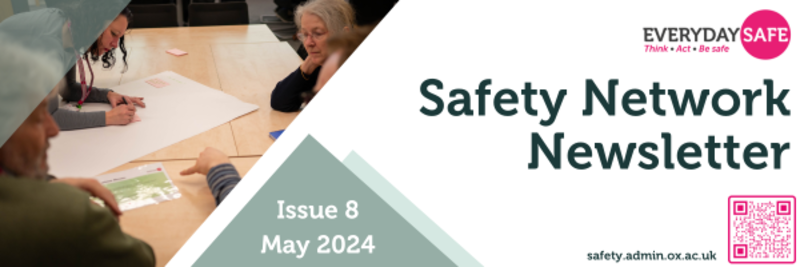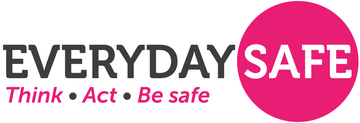As part of a commitment to risk management, the new University Safety Risk Management Report has been developed, using the University’s Assurance Risk Management template and guidance.
As outlined in the Universities Safety and Health Association (USHA) 2023 Management Standard, 'sensible risk management is concerned with:
- understanding your institution's risk profile
- focusing on reducing significant risks - those which have significant consequences or arise frequently
- ensuring that those who create and own risks manage them responsibly
- ensuring that those who are managing risks have the knowledge, skills and experience to do so
- ensuring that staff, students, contractors, visitors and members of the public are properly protected'
Obtaining a better understanding of the most pertinent University-level safety risks supports change by:
- informing prioritisation
- enabling action by risk
- facilitating monitoring
- driving continuous improvement
- supporting all teams in recognising the full range of risks
The University Safety Risk Management Report is supported by a cross-divisional group of safety professionals from the Safety Network and is shared regularly with the Safety Executive Group (SEG).
SEG review critical and increasing risks. A cross-divisional Safety Network group met in September 2024 to review the latest report, resulting in new risks being added in reference to environment and IT. The report was shared at SEG in October 2024 and the Safety Network Steering Group is available to divisional teams and departments to inform local safety risk management.




